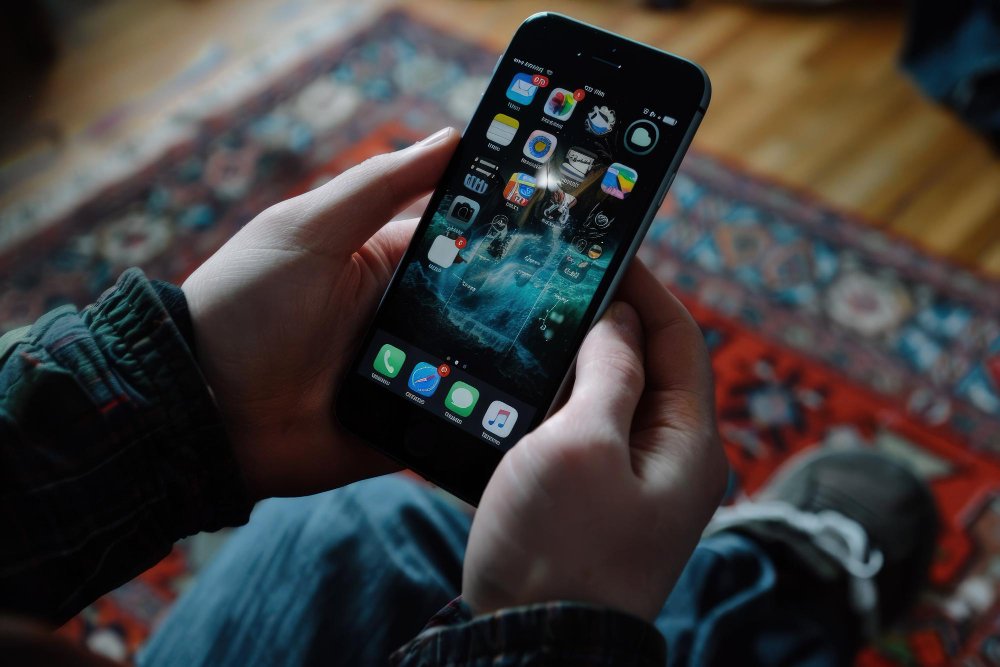C.W. Park USC Lawsuit: An In-Depth Look into the Case and Its Impact
The C.W. Park USC lawsuit has captured the attention of many in the academic and legal communities due to its potential implications on higher education institutions and employment laws. This lawsuit, which revolves around claims of retaliation and discrimination, highlights significant issues universities face today, including Title IX compliance and discrimination policies. In this article, we will explore the timeline of the case, allegations made by C.W. Park, USC’s response, and the possible broader implications of this lawsuit.
Timeline of Events
Understanding the timeline of events surrounding the C.W. Park USC lawsuit helps in grasping the complexity of the case. Below is a breakdown of the key events:
- 2015-2020: C.W. Park served as a professor at the Ostrow School of Dentistry at USC. During his tenure, he reportedly had an unblemished record, with no significant performance issues reported.
- 2019: Park filed a report with the Title IX office regarding a sexual harassment incident involving a student and a faculty member.
- 2020: Park was abruptly terminated by USC, which cited poor performance as the reason for his dismissal. This termination came after his involvement in the Title IX reporting.
- November 2023: Park filed a lawsuit against USC alleging wrongful termination, retaliation, and discrimination.
- December 2023: USC filed a motion to dismiss the case, citing lack of evidence.
- February 2024: A hearing is scheduled to address USC’s motion to dismiss the lawsuit.
Background of C.W. Park and His Role at USC
C.W. Park was a professor at USC’s Ostrow School of Dentistry from 2015 to 2020. Throughout his five years at the university, Park received positive performance evaluations and had no significant issues. His sudden termination in 2020 raised eyebrows, particularly since the reasons given—poor performance—were not aligned with his previous reviews. Park, however, believes that his firing was retaliatory, linked directly to his reporting of a sexual harassment case to the university’s Title IX office in 2019.
In Park’s view, his involvement in reporting misconduct made him a target for dismissal. He claims that USC used performance issues as a pretext for what was, in reality, retaliation for his stance on sexual harassment and discrimination.
The Allegations: Retaliation and Discrimination
The core of the C.W. Park USC lawsuit revolves around two main allegations—retaliation and discrimination. Park claims that USC retaliated against him after he reported a sexual harassment incident to the university’s Title IX office. Title IX is a federal law that mandates universities to address claims of sexual harassment and misconduct.
Park argues that he engaged in a protected activity when he reported the harassment case, and his termination was a direct consequence of his actions. In other words, Park believes that USC punished him for opposing discrimination and reporting misconduct.
Furthermore, Park alleges that his termination was also influenced by racial and gender-based discrimination. As an Asian American male, Park claims he was treated differently compared to other faculty members. He suggests that the university’s decision to fire him was driven by bias, pointing to preferential treatment given to other professors as evidence of discriminatory practices.
USC’s Response to the Lawsuit
In response to the C.W. Park USC lawsuit, the university has vehemently denied the allegations of retaliation and discrimination. USC maintains that Park’s termination was solely the result of poor performance, not due to any involvement in Title IX matters or his identity as an Asian American male. The university has pointed out that Park failed to meet the necessary expectations of his position, citing inadequate teaching skills and a lack of commitment to student success.
USC has also filed a motion to dismiss the lawsuit, arguing that Park’s claims are speculative and unsupported by factual evidence. According to the university, Park has failed to demonstrate that his involvement in reporting sexual harassment had any bearing on his dismissal. USC insists that the reasons behind his firing were entirely legitimate and unrelated to any form of discrimination or retaliation.
Legal Grounds and Framework
At the heart of the C.W. Park USC lawsuit are several legal claims grounded in federal laws that govern employment and civil rights. One of the most important legal frameworks in this case is Title IX, which prohibits discrimination based on sex in education programs or activities receiving federal financial assistance.
Title IX also requires universities to investigate and address sexual harassment claims, which is relevant to Park’s case since he reported harassment to the Title IX office. Park’s claim of retaliation falls under Title IX’s provisions that protect individuals who report sexual misconduct.
In addition to Title IX, Park’s lawsuit may invoke anti-discrimination laws, particularly those relating to race and gender. To prove his case, Park must show that his termination was motivated by discriminatory factors, which may include evidence of differential treatment based on his identity as an Asian American male.
Key Legal Precedents
This case is not an isolated incident. Across the U.S., universities have been involved in numerous lawsuits relating to Title IX violations, retaliation, and discrimination. One notable precedent is the Nassar v. University of Texas Southwestern Medical Center case, which established that retaliation claims under Title IX must be supported by clear evidence of a causal connection between the protected activity (such as reporting harassment) and the adverse action (like termination).
In addition, Smith v. University of Southern California serves as another relevant case, where USC faced allegations of failing to properly address sexual misconduct. Park’s lawsuit will likely be shaped by these legal precedents, which set the bar for how retaliation and discrimination claims must be proven in court.
Impact on Higher Education and the Legal Community
The outcome of the C.W. Park USC lawsuit has the potential to create ripple effects throughout higher education institutions and the legal community. If Park’s claims are substantiated, it could lead to more scrutiny of how universities handle Title IX cases and faculty reporting of sexual misconduct.
Additionally, a ruling in favor of Park could embolden other faculty members who have experienced retaliation or discrimination to come forward with their own cases. On the other hand, if USC is successful in dismissing the lawsuit, it may set a precedent for how universities defend themselves in similar lawsuits, potentially discouraging future claims.
Possible Outcomes and Future Steps
As the legal process unfolds, several possible outcomes could emerge from the C.W. Park USC lawsuit. If the court sides with Park, USC could be required to offer compensation for wrongful termination and implement changes in how it handles Title IX reporting and discrimination complaints. This could lead to broader reforms in the university’s policies on misconduct and faculty treatment.
Alternatively, if USC’s motion to dismiss is successful, the lawsuit could be thrown out without proceeding to trial. This would likely end Park’s claims unless he can provide further evidence to support his case. Either way, the outcome of this lawsuit will have implications for how universities balance faculty rights, Title IX obligations, and institutional accountability.
Conclusion
The C.W. Park USC lawsuit highlights critical issues within higher education institutions, particularly in regard to retaliation, discrimination, and Title IX compliance. As this case unfolds, it serves as a reminder of the ongoing challenges universities face in addressing sexual misconduct and ensuring that faculty members who speak out against wrongdoing are protected.
This lawsuit is more than just a legal battle between an individual and a university; it reflects the broader societal struggle for accountability, fairness, and transparency in higher education. The outcome will likely have a lasting impact on USC and other institutions, shaping future policies and practices in handling sexual harassment, retaliation, and discrimination claims.






